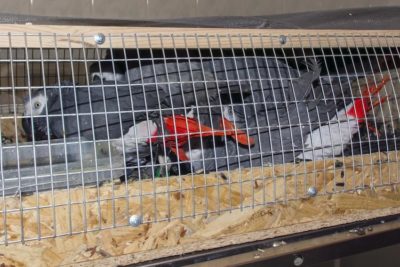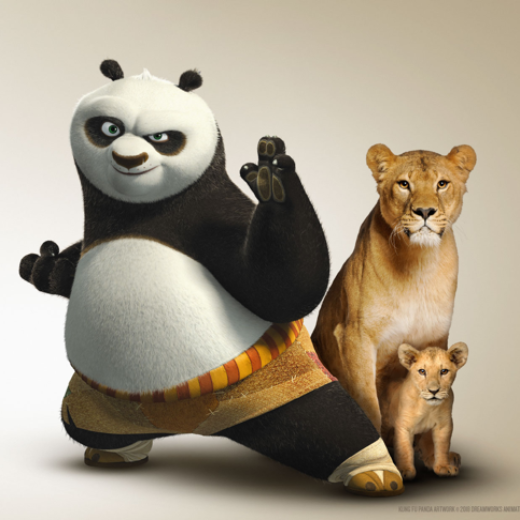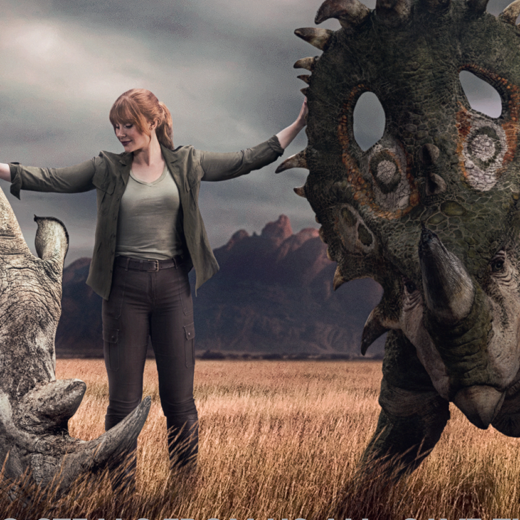
BY KARI BIRDSEYE, U.S. CAMPAIGN DIRECTOR
Four out of five Americans consider themselves to be wildlife lovers — hardly surprising, given how many millions of views the average cute animal video racks up. Yet only a small percentage of the public — less than 20 percent — knows anything about the illegal wildlife trade flourishing in the United States, according to a recent public opinion poll commissioned by WildAid.
What little Americans know about wildlife trafficking is related to headline-grabbing criminal activity: ivory or rhino horn smuggling, for example. But many other lesser-known species are also heavily trafficked in and through the United States:
• Earlier this month, seven men pleaded guilty in a Portland, Maine federal court to trafficking nearly $2 million worth of juvenile American eels, also known as “elvers” that can fetch $2,000 a pound for live export to East Asia.
• On Tuesday, the coalition Save Endangered Animals Oregon released an undercover video (see below) showing illegal wildlife trade in the state, including pangolin scales. We are proud to be a part of this campaign to pass Measure 100, a ballot initiative that would help protect many endangered species from cruelty, poaching and the threat of extinction.
• And in the most tabloid-friendly caper of the year, a Canadian man who tried to smuggle 51 turtles taped to his legs was arrested at the Ontario-U.S. border and later sentenced to five years in federal prison.
Other illegal wildlife products may include jewelry, traditional medicine, clothing, furniture, and souvenirs, as well as some exotic pets.
For instance, many Americans keep exotic birds as pets. However, do you know where Polly came from? Millions of live birds are traded illegally for the pet trade, collecting, bird fighting and singing contests. Wild-caught birds experience a high death rate during capture and transport, resulting in many more birds being captured than appear on official trade records.
What about that pet iguana? Although there is a significant legal trade in live reptiles for pets, there is also a significant amount of smuggling too and the live reptile trade is booming in the United States. In 2009, 4.7 million households owned some 13.6 million pet reptiles in the United States, and the nation exports millions of reptiles to the rest of the world. Hundreds of species are imported from dozens of countries.
Have you ever thought about that coral or conch shell you brought back from vacation? Corals are extracted to supply the aquarium, curio and jewelry trades. The US is the world’s largest consumer of live corals for the aquarium trade and of coral skeletons and precious corals for curios and jewelry.
The US imports nearly 70 percent of all the live coral in world trade. Yet in many regions of the world, corals are disappearing. It is estimated that more than a quarter of the world’s coral reefs have already been destroyed and that roughly 75 percent are under threat from human activity. Queen conch are threatened by illegal and unsustainable trade to supply the demand for meat and shells. There have been many instances of illegal and unsustainable trade to the U.S. involving several countries in the Caribbean in the past decade.
For more information on additional species illegally traded in the U.S. and how you can help reduce demand for these products, visit StopWildlifeTrafficking.org. WildAid, partnered with US Fish & Wildlife and others, will be working to reduce demand of illegal wildlife products, both at home and abroad.
#StopWildlifeTrafficking with WildAid and U.S. Fish & Wildlife Service from WildAid on Vimeo.
Stay in touch and get the latest WildAid updates.
SIGN UP


